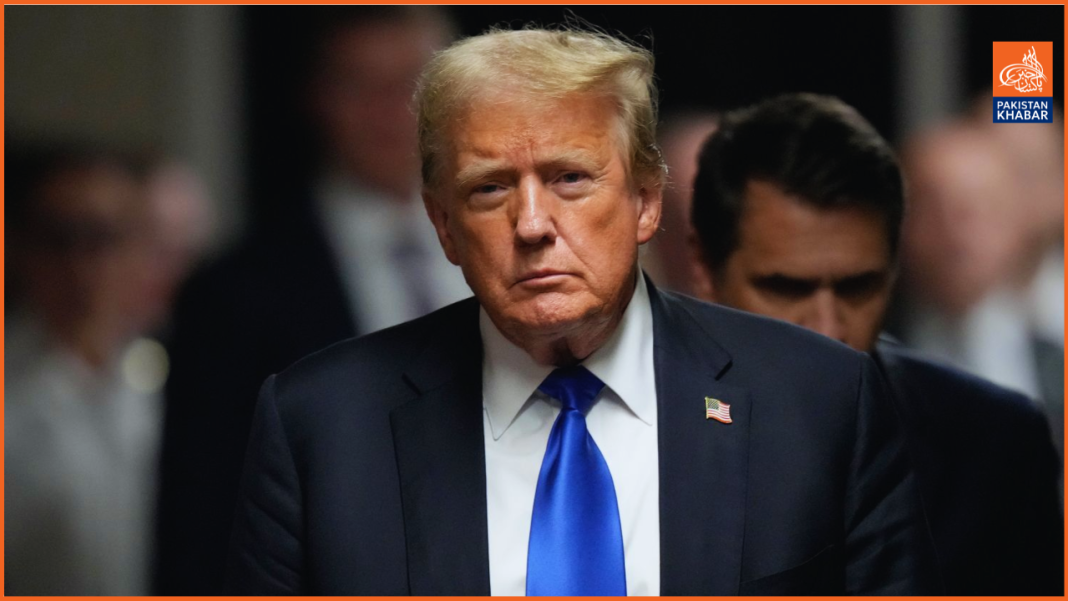New York’s highest court rejected Donald Trump’s request on Thursday to delay his sentencing for criminal charges related to hush money paid to an adult film star. The decision now places the matter of a potential delay in the hands of the U.S. Supreme Court.
This ruling was a setback for Trump, who now must rely on the Supreme Court to freeze the case. His legal team has made a similar emergency plea to the nation’s highest court to avoid the sentencing, which is scheduled for Friday at 9:30 a.m. in Manhattan.
Manhattan prosecutors filed a brief with the Supreme Court on Thursday morning, opposing Trump’s attempt to delay the sentencing.
“Defendant now asks this court to take the extraordinary step of intervening in a pending state criminal trial to prevent the scheduled sentencing from taking place — before final judgment has been entered by the trial court, and before any direct appellate review of defendant’s conviction. There is no basis for such intervention,” wrote the office of Manhattan District Attorney Alvin Bragg in its filing.
The sentencing is scheduled just 10 days before Trump is set to be sworn in for his second presidential term. Any significant delay would likely mean the sentencing would not occur before his January 20 inauguration.
The Supreme Court could impose an administrative pause on Trump’s sentencing, allowing the justices more time to review his request to halt the case, or they could grant or deny the request outright. It’s also possible that the justices may not act before the sentencing.
In a Supreme Court filing made public on Wednesday, Trump sought to halt the proceedings as he pursues an appeal regarding issues of presidential immunity, following the Court’s ruling in July that granted former presidents broad immunity for actions taken while in office.
“This appeal will ultimately result in the dismissal of the District Attorney’s politically motivated prosecution, which was flawed from the very beginning,” wrote Trump’s lawyer, John Sauer, in the filing. Sauer is also Trump’s nominee for U.S. solicitor general, the government’s chief legal officer before the Supreme Court.
Trump’s legal team argues that prosecutors wrongly introduced evidence related to his official acts during the trial. They also contend that as president-elect, Trump is immune from prosecution during the transition period between his election victory and inauguration.
In their filing to the Supreme Court on Thursday, New York prosecutors countered that “all of the evidence defendant challenged in his post-trial motion either concerned unofficial conduct that is not subject to any immunity, or is a matter of public record that is not subject to preclusion, as the trial court correctly held.”
Addressing Trump’s claim of immunity as president-elect, the prosecutors asserted that this “extraordinary immunity claim is unsupported by any decision from any court,” adding, “It is axiomatic that there is only one president at a time.”




